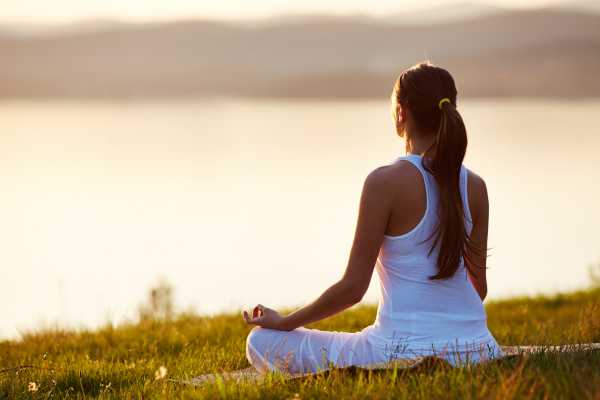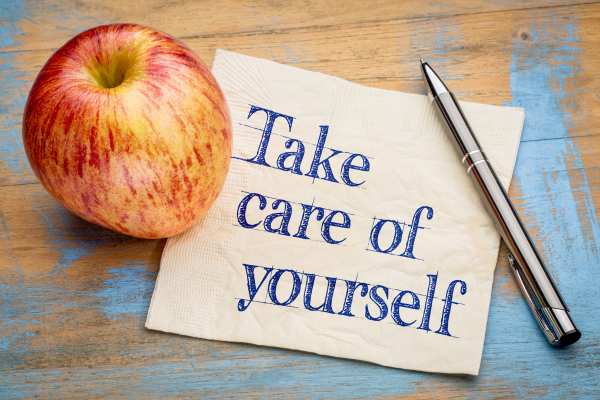In our busy modern lives, minimalism is becoming more popular as a way for people to streamline their existence and focus on what’s truly meaningful. This approach involves purposefully reducing possessions and distractions to make room for the things that bring true joy and satisfaction.
This lifestyle encourages individuals to declutter their physical and mental spaces, leading to a more balanced and content life. By embracing minimalism, you can reduce stress, increase financial freedom, and contribute positively to the environment.
Join us as we explore the benefits of a minimalist lifestyle, steps to adopt it, and how it can transform your daily routine. Discover how to find happiness in the essential and live a more meaningful, purposeful life.
Understanding Minimalism
What is Minimalism?
Minimalism is a lifestyle choice focused on reducing excess and living with only what is necessary and valuable. It involves a conscious decision to prioritize quality over quantity and to eliminate unnecessary possessions and distractions from your life.
By embracing minimalism, you can lead a more purposeful and satisfying life. The essence of minimalism is to prioritize what truly matters, whether it’s nurturing relationships, focusing on personal development, or cherishing meaningful experiences.
History of Minimalism
Minimalism has a plethora of meanings among people, many of which can be linked to various cultural and philosophical traditions like Buddhism and Stoicism that stress the need for simplicity and mindfulness in our daily lives. Such movements did not take root until the 1960s and 1970s when minimalism became an artistic trend characterized by the use of the most primary shapes and materials without any embellishment.
The modern minimalist movement gained momentum in the early 21st century as people began to question consumerism and seek more meaningful ways of living. Today, minimalism is a popular lifestyle choice that promotes well-being and sustainability.
Benefits of a Minimalist Lifestyle
Mental Health Benefits
Embracing a minimalist lifestyle can greatly benefit your mental health. By eliminating physical clutter and simplifying your surroundings, you create a calmer and more organized space. This shift can reduce stress, lower anxiety, and enhance your ability to concentrate, leading to a more peaceful state of mind.
Minimalism encourages mindfulness and intentional living, helping you become more aware of your thoughts and actions. As a result, you may experience enhanced mental clarity and emotional stability.
Financial Freedom
Minimalism is beneficial for finances as well. When you’ve got to reserve important items and spare spending areas, you will be able to set aside some funds rather than just relying on credit cards. Freedom from financial constraints permits you to utilize the opportunities or experiences that you think are appropriate for you.
Moreover, a minimalist lifestyle means that you become aware of your consumption patterns, which also shapes your future in a more sustainable and safeguarded way along with the presence of monetary assets.
Environmental Impact
Living a minimalist lifestyle can positively impact the environment. By consuming less and reducing waste, you can lower your ecological footprint. Minimalism encourages sustainable practices, such as recycling, reusing, and choosing eco-friendly products.
Your consumer choices will go a long way in conserving our natural resources and creating a healthier planet.
Steps to Adopt a Minimalist Lifestyle
Decluttering Your Space
Adopting a minimalist lifestyle begins with the decluttering of your physical space. First, figure out the items that you no longer use or which don’t bring you joy. Next, you can give away, sell or recycle the things and create a more organized and functional living environment.
The KonMari method of decluttering is a method that clears up a space where items that are left after consideration of the level of the “joy” they could have brought you and will clean the house, therefore you would look at those items first as a part of your selection filter process even if only for the slightest possibility of your “joy” or your favorite thing being next to your self among them your loyal memory. A clutter-free environment brings the peace of mind and the increased levels of productivity.
Simplifying Your Schedule
Another essential aspect of minimalism is simplifying your schedule. Prioritize activities and commitments that align with your values and contribute to your well-being. Learn to say no to unnecessary obligations and focus on what truly matters.
You will be able to make better use of your time and also relieve your stress levels through this. You should think about making mindfulness activities a part of your everyday schedule. Such as, meditation or journaling in order to keep your footing and being productive.
Minimalism in Daily Life
Minimalist Wardrobe
The minimalist wardrobe is both a perfect way to have order in your life and a very real, practical, day-to-day decision. Formulate a cohesive wardrobe that features flexible, top-quality articles that are easily combinable with one another.
This approach is also expected to eliminate decision fatigue and urging for the more sustainable fashion culture. Prefer to stick to those styles that are classic and the colors that are neutral which are very flixable so they can be worn at any time.
Through choosing to go one step further and stay content with fewer objects, you can have greater savings plus decarbonation of fashions.
Mindful Consumption
Practicing mindful consumption is a key component of minimalism. This means making thoughtful decisions about what you buy and understanding the consequences of those choices.
Before making a new purchase, consider whether it genuinely enhances your life or aligns with your core values. Opt for sustainable and ethically produced products whenever possible. By being more conscious of your consumption habits, you can reduce waste and make more environmentally friendly choices.
Challenges and Solutions in Minimalism
Common Challenges
While minimalism offers many benefits, it can also present challenges. One common obstacle is the difficulty of letting go of sentimental items or things you believe you might need in the future. Additionally, societal pressure to accumulate possessions and the fear of missing out (FOMO) can make it challenging to embrace a minimalist lifestyle fully. These challenges can create resistance and hinder your progress.
Overcoming Obstacles
To overcome these challenges, start by setting clear goals and intentions for your minimalist journey. Reflect on why you want to simplify your life and what you hope to achieve. Break the process into manageable steps and celebrate small victories along the way. Seek support from like-minded individuals or online communities who can provide encouragement and advice.
Cultivate gratitude and focus on the positive aspects of minimalism, such as the increased sense of freedom and well-being, to maintain your motivation. Keep in mind that minimalism is a unique journey for everyone, so it’s essential to find a balance that suits your personal needs and lifestyle.
FAQ
What is minimalism?
Minimalism is a lifestyle choice focused on reducing excess and living with only what is necessary and valuable. It prioritizes quality over quantity and aims to eliminate unnecessary possessions and distractions from your life.
How does minimalism improve mental health?
Minimalism improves mental health by reducing physical clutter, which creates a more peaceful and stress-free environment. It encourages mindfulness and intentional living, leading to decreased anxiety and improved focus.
Can minimalism save me money?
Yes, minimalism can save you money by prioritizing essential purchases and avoiding unnecessary expenses. This leads to reduced debt and increased financial freedom, allowing you to invest in meaningful experiences and opportunities.
How can I start adopting a minimalist lifestyle?
Begin by clearing out your physical space, keeping only items that are useful or bring you happiness. Simplify your schedule by focusing on activities that reflect your core values. Be mindful of your consumption by making intentional decisions about what you purchase.
What are the environmental benefits of minimalism?
Minimalism promotes sustainable practices by reducing consumption and waste. It encourages recycling, reusing, and choosing eco-friendly products, which helps lower your ecological footprint and preserve natural resources.
Conclusion
In conclusion, embracing a minimalist lifestyle can lead to deep and outstanding positive differences in your mental health, financial stability, and over-all wellness.
By making your environment, schedule, and consumption habits simpler, you can have a life that is more intentional and fulfilling. Do not look beyond the principles of minimalism. They will lead you to a balanced and happy life.
Today, begin your minimalism journey and feel the excitement that comes with focusing on what is truly important in life.

Emily Johnson is a writer focused on personal development, relationships, and well-being. Her articles offer practical advice for self-discovery, growth, and effective communication. With a blend of empathy and expertise, she guides readers toward a more fulfilling and balanced life.

